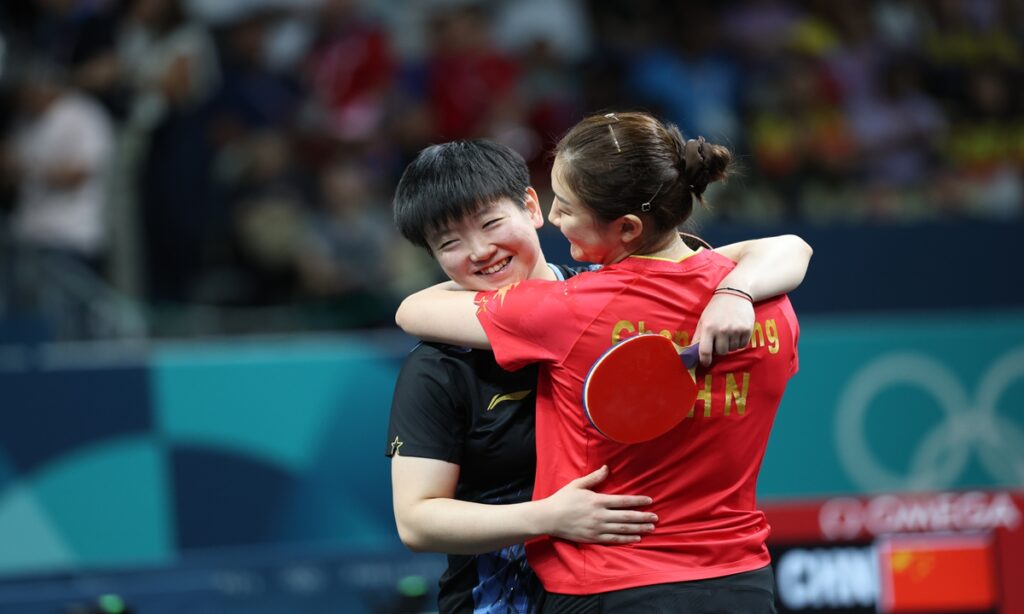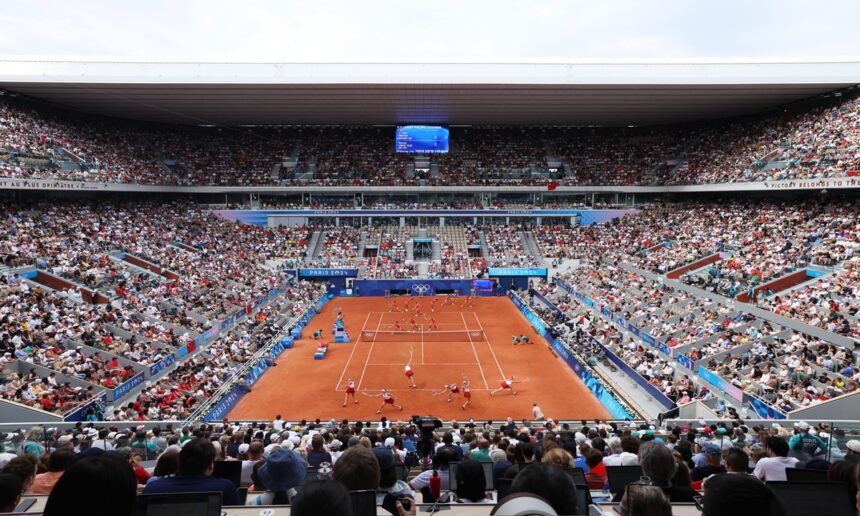Aggressive Fan Culture in Chinese Sports Sparks Debate
As Team China’s stellar performance at the Paris 2024 Olympics continues to dominate headlines, a heated debate is emerging over the evolution of aggressive fan culture in sports. On August 4, major Chinese social media platforms, such as Sina Weibo and Douyin, announced a crackdown on over 800 accounts spreading negativity and conflict during the Olympics. They removed more than 50,000 inappropriate posts related to the table tennis events.
Social Media Crackdown
This action followed an intense table tennis match on August 3, where Chinese paddler Chen Meng defeated her teammate Sun Yingsha 4-2 to win the women’s singles gold medal. Fans showed favoritism towards Sun, with some even booing Chen. Online, the situation escalated with inflammatory comments and personal attacks directed at athletes and coaching staff.

The Rise of Aggressive Fan Culture
The aggressive behavior of some fans has raised concerns about its impact on the sporting world. Originating from the entertainment industry, “fan culture” is characterized by idol worship and fan economics, and it has now infiltrated sports. As sports stars gain influence, some fans have turned sporting events into battlegrounds, attacking athletes online to incite public emotions and gain attention.
Zhang Fan, an associate professor at the School of Journalism and Communication at Shanghai University of Sport, noted that this phenomenon began during the Rio 2016 Olympics and has since grown. He drew parallels to the fervent fan groups in the K-pop industry.
A Double-Edged Sword
The aggressive fan culture is causing worry among many Chinese, who fear it threatens to erode the spirit of sportsmanship. For instance, an extreme fan of Sun Yingsha posted online, wishing for Chen Meng to test positive for a banned substance so that Sun could receive the gold medal. This post sparked widespread anger and was condemned as “brainless” by many on both Chinese and international platforms.
Zhang Fan pointed out that such irrational fan behavior ultimately harms the athletes they support, citing the stress and embarrassment Sun Yingsha faced due to her fans’ actions. She emphasized that this culture does not represent the majority of Chinese sports fans.
Historical Context
The aggressive fan culture in sports became more visible during the Rio 2016 Olympics. China’s Olympic table tennis champion Ding Ning recalled the overwhelming support from fans at Beijing Capital International Airport. This support was upon their return from Rio, a sight previously unseen for the team.
Questions and Concerns
As the debate over aggressive fan culture continues, several questions arise: Where does this behavior come from? What do these fans hope to achieve? And is this really representative of Chinese sports fans as a whole? The answers to these questions may shape the future of fan engagement in Chinese sports.

